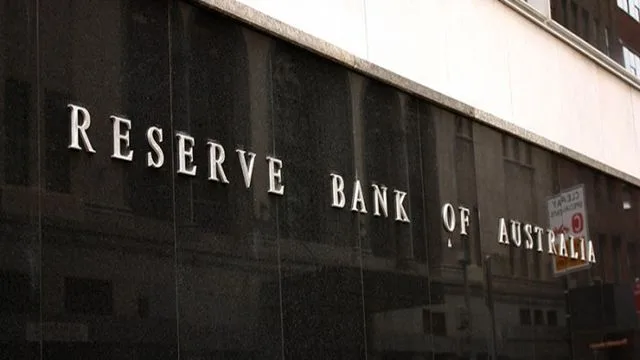Monday’s little dip in Australian shares coincided with losses in big-cap mining and finance companies, just as investors were getting ready for Tuesday’s much-awaited central bank (RBA) policy announcement.
The S&P/ASX 200 index fell 0.3% to 7,647.0 by 2351 GMT, signalling a third day of losses.
A Reuters poll of economists predicts that the Reserve Bank of Australia (RBA) will keep its key interest rate at 4.35% for a third consecutive meeting on Tuesday, or at least until the end of September.
The majority of other major central banks have priced rate cuts into the financial markets since June; the Reserve Bank of Australia is an exception to this trend, as it does not use such mid-year pricing.
After the drop in iron ore prices on Friday, miners experienced a 0.3% fall as concerns over Chinese demand increased and the possibility of steel output restrictions in that country loomed.
Read More
Fortescue saw a 1.6% drop, BHP Group saw a 0.2% decrease, and Rio Tinto saw a 0.2% increase.
When the business declared that it would build a hub for processing lithium in Western Australia, Mineral Resources increased by 0.9%.
The financials declined for the third straight session, but only by 0.1%.
The Commonwealth Bank of Australia, the country’s biggest lender, had a 0.4% gain.
The lower oil closing price contributed to the 0.5% decline in energy sector stocks on Friday.
There were declines of 0.2% and 0.9% for Santos and Woodside Energy, respectively.
On Friday, tech stocks started a third day of losses, declining 0.7%, as Wall Street rivals held steady.
At 11,726.4, the benchmark S&P/NZX 50 index for New Zealand fell by 40.58 points, or 0.3%.
This week will see the publication of significant data, including the GDP and fourth-quarter current account balance figures.
GDP growth won’t change, according to Westpac economists, but the current account deficit will.
Share this content:

